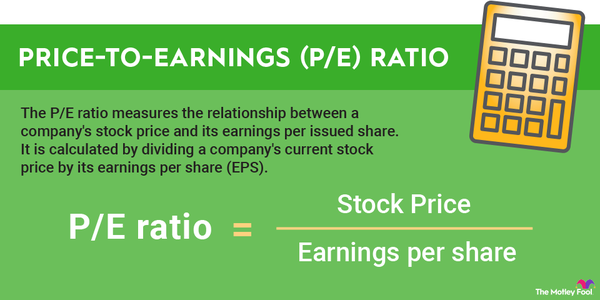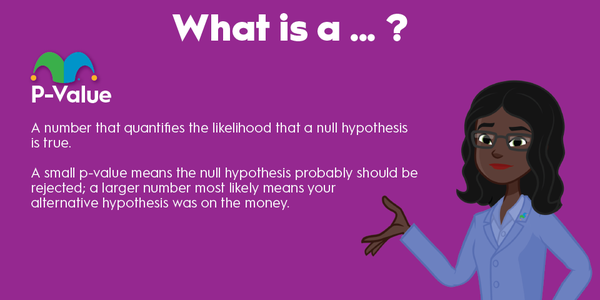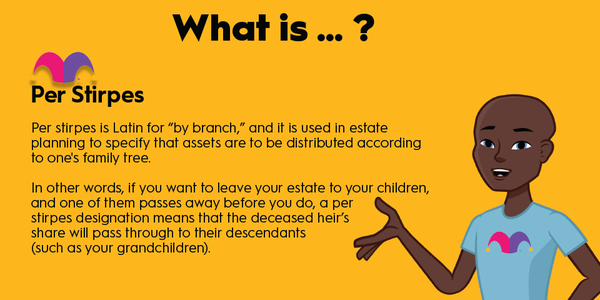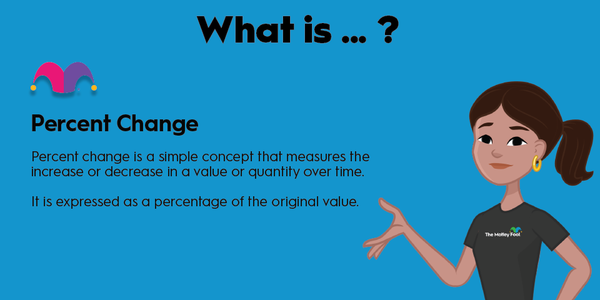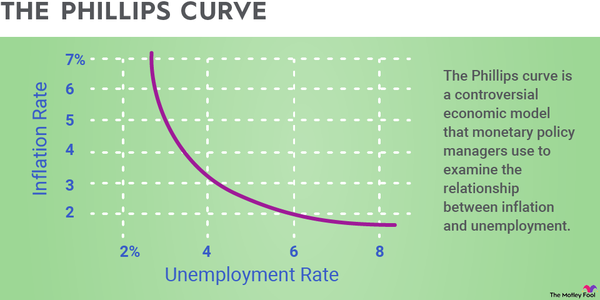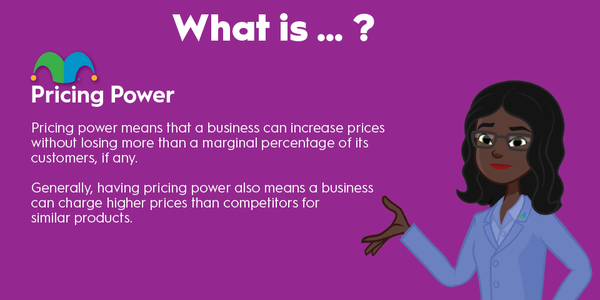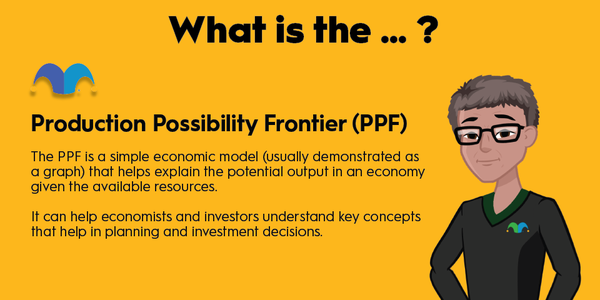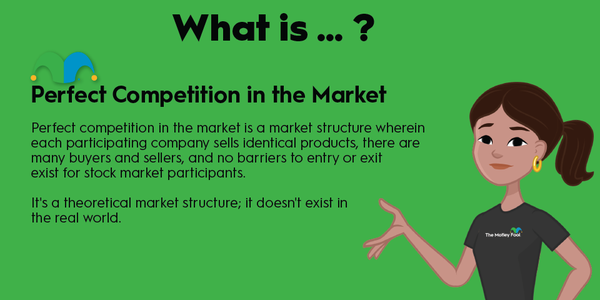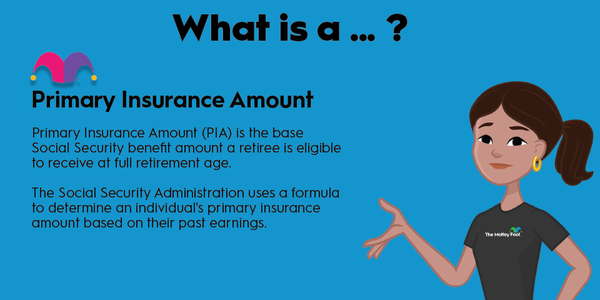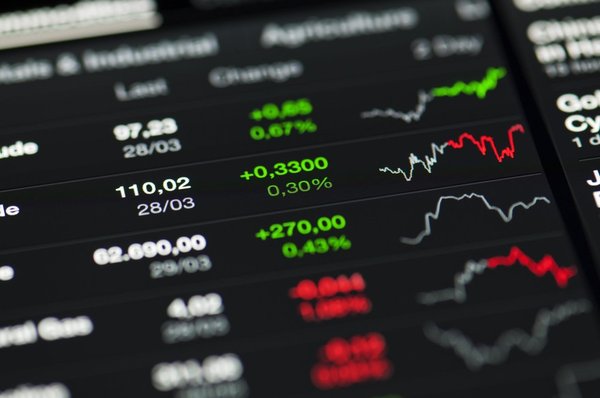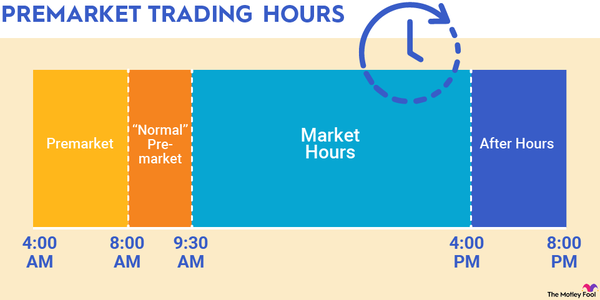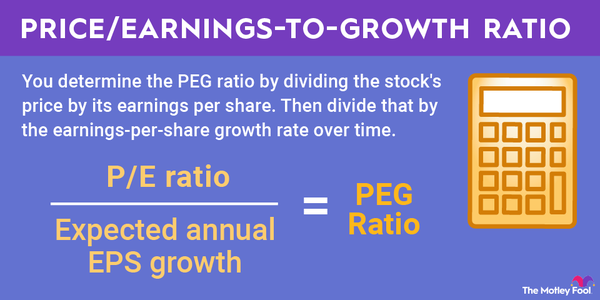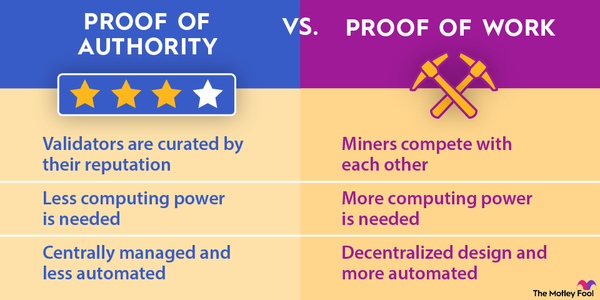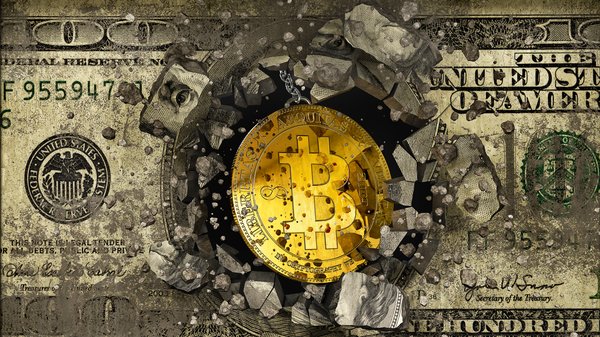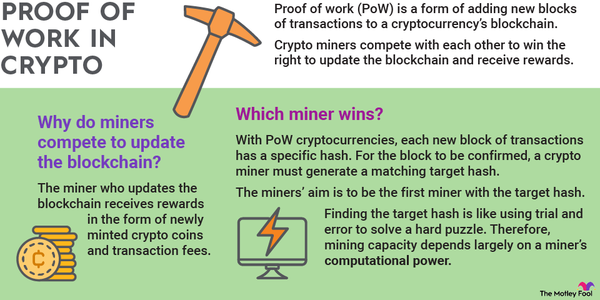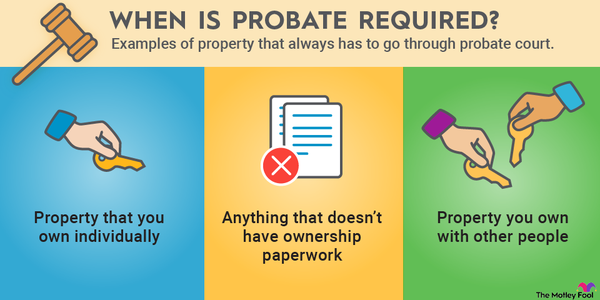Polygon (MATIC 2.68%) is a blockchain platform designed to work with Ethereum (ETH 2.27%) and make it more scalable. It's often referred to as a layer-2 blockchain or a sidechain because it depends on another blockchain, but it also provides a full framework that developers can use in many different ways.

With high transaction speeds, low costs, and excellent security, Polygon has been able to achieve substantial growth. In just six months -- from October 2021 to April 2022 -- the number of decentralized apps (dApps) running on its network increased from 3,000 to 19,000. This Polygon guide will cover what it does and how it fares as an investment.
What makes it unique?
What makes Polygon unique?
The primary way that Polygon stands out is its connection to Ethereum. Ethereum was the first blockchain with smart contracts (programs that run on a blockchain). It's also the most popular blockchain network, but that has led to congestion, often resulting in slow and expensive transactions.
Many competitors to Ethereum have launched, but Polygon took a different approach. Instead of positioning itself as an "Ethereum killer," it offers Ethereum scaling solutions to help that blockchain work more efficiently. It also provides a framework for building blockchains.
Here's a breakdown of some of the main features that Polygon offers:
- Polygon Proof of Stake (PoS): A scaling solution that allows Ethereum apps to use Polygon's sidechains for transaction processing. It's capable of processing up to 65,000 transactions per second.
- Polygon Edge: A framework developers can use to build their own Ethereum-compatible blockchains with customizable features. Assets on these blockchains can be transferred among any Ethereum-compatible networks, including Polygon.
- Polygon Hermez: This ZK-rollup (ZK stands for "zero-knowledge proof") tool bundles a large number of transfers into a single transaction for increased efficiency.
Where it came from
Where Polygon came from
Polygon was originally known as MATIC, and it was founded by Jaynti Kanani, Sandeep Nailwal, Anurag Arjun, and Mihailo Bjelic in 2017. The team is based in India and created MATIC to provide solutions to blockchain scaling and usability. They launched the MATIC mainnet in June 2020.
MATIC rebranded to Polygon in February 2021. As part of the rebrand, the project pivoted from being purely an Ethereum sidechain to a multichain system that could compete with Polkadot (DOT -0.49%).
How it works
How Polygon works
The basic idea behind Polygon is that it uses sidechains to process transactions off of Ethereum. After it completes a batch of transactions, it returns them to the Ethereum blockchain with validity proofs ensuring the data is accurate.
Developers who want to build on Polygon can do so using the Polygon SDK, a flexible framework. It allows developers to create dApps as Ethereum-compatible sidechains. It includes a variety of development tools, but they ultimately fall into one of two types of solutions:
- Secured chains (Layer 2 solutions): Scaling solutions that use Ethereum for security. These are recommended for projects needing maximum security and smaller projects that require built-in validation.
- Stand-alone chains: Independent Ethereum-compatible chains that handle their own security with validators or mining pools. These work well for large organizations and projects with strong communities.
The native cryptocurrency on Polygon is the MATIC token. It's a governance token that gives holders voting rights, and it's used for paying transaction fees and securing the network in Polygon's proof-of-stake system.
Proof of stake is the consensus mechanism Polygon uses to validate transactions. The Polygon network chooses validator nodes to verify transactions. Nodes are chosen in part based on the number of MATIC tokens they have staked (put up as collateral).
If you own MATIC, you can either run your own node as a validator or delegate your tokens to a validator. In return for being part of the process, either as a validator or a delegator, you'll receive MATIC tokens as a reward.
Connections
Connections
The biggest connection Polygon has is undoubtedly to Ethereum. It's made to complement Ethereum, and many developers deploy their dApps on both networks.
However, Polygon has gradually grown more independent. Data from October 2021 found that of the new dApps being deployed on Polygon, only 38% were also on Ethereum compared to 62% that were exclusively on Polygon.
More recent data has also shown that Polygon is building one of the larger dApp ecosystems on the market today. According to data from Alchemy, Polygon surpassed 19,000 dApps in April 2022. That was more than six times as many as it had in October 2021 and 95 times as many as in June 2021.
Quite a few platforms and projects have integrated with Polygon, encompassing everything from decentralized crypto exchanges to blockchain gaming and non-fungible tokens (NFTs). Here are a few prominent examples:
- Two major decentralized finance (DeFi) protocols, Uniswap (UNI -0.78%) and SushiSwap (SUSHI 1.87%), have deployed on Polygon.
- OpenSea, one of the top NFT marketplaces, supports NFT trading on Polygon.
- The virtual reality marketplace Decentraland relies on Polygon for quick and cheap transaction support.
- Play-to-earn crypto game Sunflower Land is built on Polygon.
Can I make passive income with Polygon?
Since Polygon is a proof-of-stake blockchain, you can make passive income by staking your MATIC tokens.
First, you'll need to store your tokens in a crypto wallet that supports MATIC staking. Then you can become either a validator or a delegator and earn MATIC rewards based on the amount you've staked.
Validator nodes need to run Polygon's software so they can confirm blocks of transactions and add them to the blockchain. It also typically requires a large amount of staked MATIC for a node to be chosen.
Delegators stake their MATIC tokens with a validator of their choosing. Most users who stake cryptocurrency with Polygon do so as delegators since it's the much easier option.
Risks
Unique risks
By design, Polygon is closely tied to Ethereum. That's a large part of what makes it useful and has helped it grow, but it could also be a vulnerability.
Ethereum has been going through a series of upgrades, including a switch from its original proof-of-work model to proof of stake. That should significantly improve its transaction processing, one of the main issues Polygon solves. However, Polygon has scaling features that should remain useful even after Ethereum completes its upgrades.
Polygon has also had some technical issues, including a bug that could have been disastrous. In December 2021, a security partner discovered a vulnerability that could have led to the loss of $24 billion in MATIC. The Polygon team quickly fixed it, although one hacker managed to steal about $2 million in MATIC from the network.
Is Polygon a good investment?
Considering the features Polygon has, it's one of the better cryptocurrency investments, especially if you're bullish on Ethereum or smart contract blockchains in general.
There are two key factors Polygon has going for it. One is that it works very well. Although there has been the occasional issue, such as a network outage in March 2022, it definitely does its job of providing scalable solutions. Transactions are fast and cheap, normally costing less than $0.01.
The second is that people are using Polygon. In the ever-important DeFi sector, it's one of the 10 largest blockchains by total value as of April 2022. We've already covered the growth in its number of dApps. It bears repeating that going from 200 to more than 19,000 in less than one year is extremely impressive.
None of this guarantees Polygon will be a success. Cryptocurrencies are always volatile and risky, and there are several smart contract blockchains competing with each other. So if you decide to invest in Polygon, it's still important to be cautious and only put in what you could afford to lose.
Related investing topics
How to buy Polygon
Polygon is widely available. If you want to buy it, you'll have plenty of options, including crypto exchanges and stock brokers. Here are a few of the more popular and user-friendly places to buy Polygon:
- Gemini
- Coinbase Global (COIN 4.68%)
- Robinhood Markets (HOOD 2.5%)
- Kraken
With Ethereum's network congestion and high gas fees in 2021, Polygon came along at the perfect time. Since then, it has built a large network of dApps and a strong suite of blockchain solutions that make it one of the most interesting projects in cryptocurrency.

